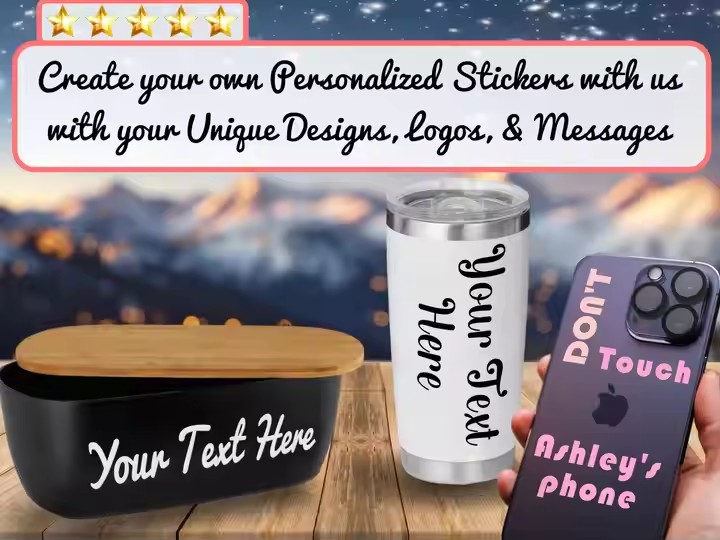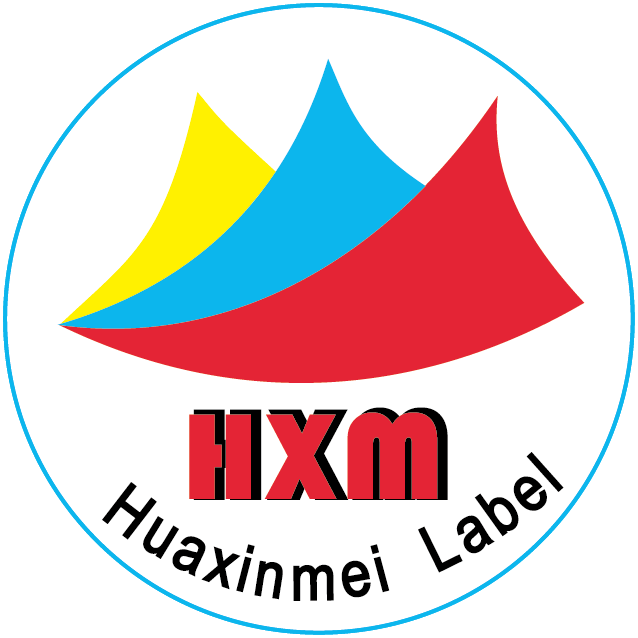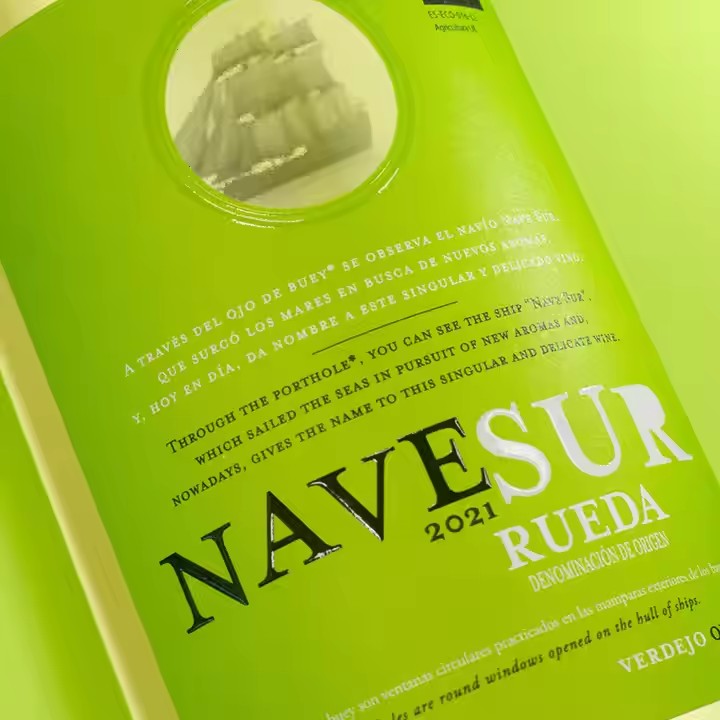Polyester (PET) Material
Characteristics: Polyester material has excellent chemical resistance, water resistance and weather resistance. It can withstand a certain range of temperature changes and maintain good performance in environments from low to relatively high temperatures. For example, in outdoor environments, polyester labels can resist the ultraviolet radiation in sunlight and won’t fade or deform for a long time. Moreover, the surface of polyester material is smooth, enabling it to present clear and high-quality printing effects, making the information such as text and patterns on the labels easy to identify. This polyester material has relatively strong weather resistance. Under sunlight, the labels won’t change color or fade easily. Even in the face of rain and light exposure, they can remain intact.
Application Scenarios: It is commonly used in the label production of electronic products, auto parts and other products. Because these products may be used under different environmental conditions. For example, electronic products may be affected by temperature changes and chemical substances, while auto parts need durable identification in complex outdoor environments. Polyester labels can meet these requirements. Electronic products will get hot after being used for a long time. In this case, ordinary labels may change. For example, the words on them may become blurred. However, the labels made of polyester material are not afraid of the heat generated by electronic products causing the words on the labels to be unclear, because this kind of polyester material label has relatively strong high-temperature resistance. If the product is often exposed to the sun, it is advisable to use this material as much as possible. For example, cars, flower wrapping papers, billboards, etc. are all directly exposed to the sun, so using this material can provide a guarantee.
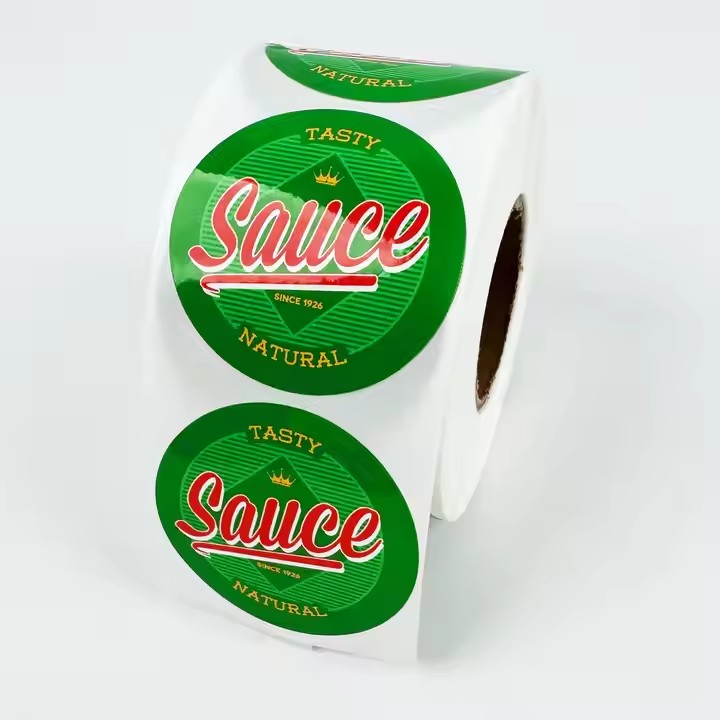
Polyvinyl Chloride (PVC) Material
Characteristics: PVC labels have good flexibility, which enables them to adhere to the surfaces of various shaped products, including some objects with curves. It also has good wear resistance and can resist a certain degree of friction, reducing the risk of the label surface being scratched. In addition, PVC material can change its properties by adding different additives. For example, adding plasticizers can further improve its flexibility, and adding pigments can produce labels in various bright colors. The advantage of PVC labels is that they are very flexible, so they are suitable for quite a number of industries. For example, the bottles of cosmetics, lipsticks, shampoo bottles, etc. can all use this polyvinyl chloride material. All the above-mentioned bottles are objects with curves, and during the use of these items, there is no need to worry about them being scratched.
Application Scenarios: It is widely used in the fields of pipeline identification, wire and cable identification, etc. Pipelines may be installed in different positions and need labels with good flexibility to adhere to their surfaces. The labels of wires and cables need to be able to withstand a certain degree of friction and pulling during installation and use, and PVC labels just meet these requirements. Another industry where this material is applied is the pipeline industry, because pipelines are also objects with curves, so it conforms well to the characteristics of pipelines.
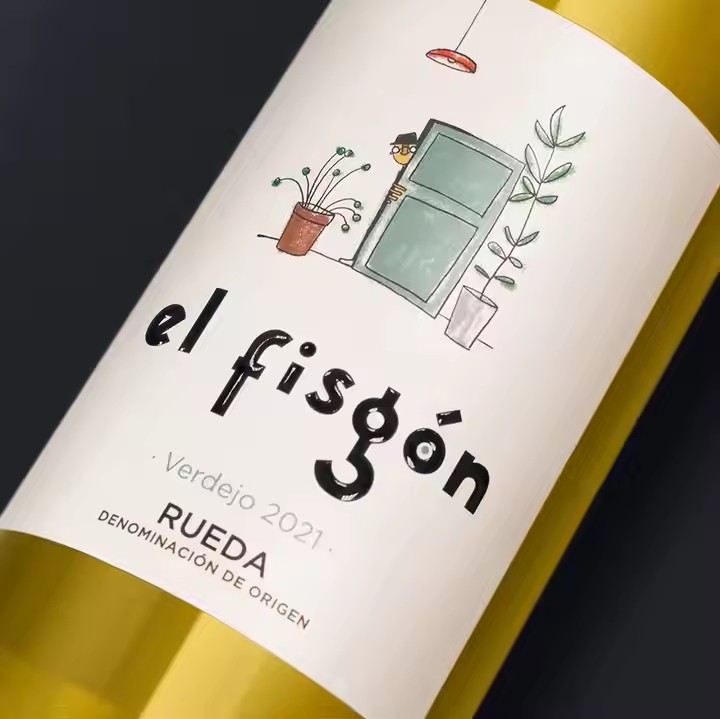
Polypropylene (PP) Material
Characteristics: PP material is a semi-crystalline material with relatively high strength and toughness. It has good fatigue resistance and is not easily damaged after being bent or squeezed many times. Meanwhile, PP labels have good moisture-proof performance and can maintain the integrity of the label content in humid environments. Moreover, this material is a relatively environmentally friendly material that can be recycled, meeting the requirements of modern industry for sustainable development. The characteristics of this material that is not easily bent and not easily damaged are very good and can be utilized in quite a number of fields with a high usage frequency. It is often used inside products such as refrigerators, washing machines, air conditioners, televisions, etc. It has good insulation performance, corrosion resistance, heat resistance, transparency, chemical stability and plasticity. It has many advantages and a relatively wide application range.
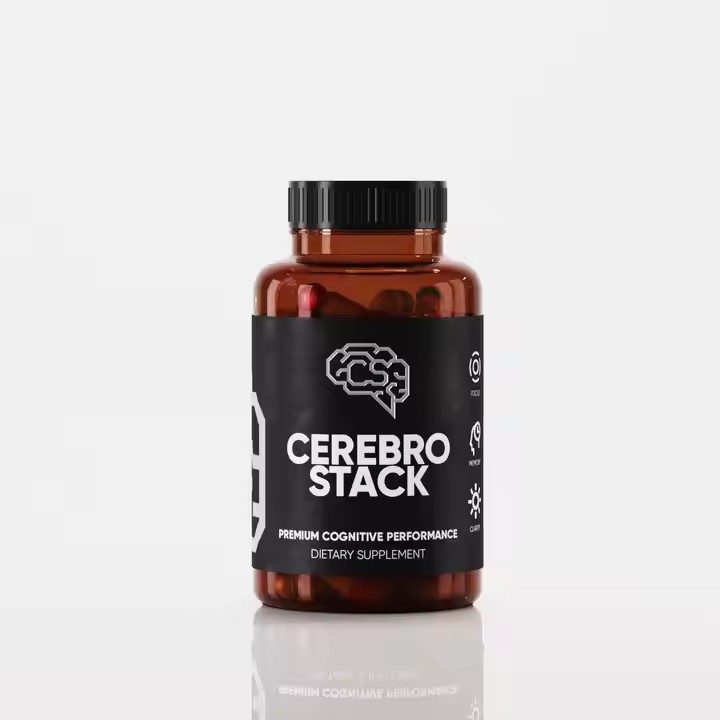
Application Scenarios: It is frequently used in the fields of food packaging, daily chemical product packaging, etc. Food packaging needs to consider that the products may be in humid environments, such as the packaging of refrigerated foods. Daily chemical product packaging requires labels with a certain degree of strength and toughness that can withstand the collisions and frictions during the transportation and use of products. PP labels can well meet these requirements.
Metal Materials (such as Aluminum Foil)
Characteristics: Metal labels have extremely high durability. Aluminum foil labels have good barrier properties and can effectively block light, oxygen and moisture, playing a good role in protecting the label content. Moreover, metal labels give people a high-end and strong-textured visual impression and can enhance the overall image of the product. They can also use various processes such as etching and printing to create exquisite patterns and words, having good decorative properties.
Application Scenarios: They are commonly used in the label production of high-end products, luxury goods and some products that need to preserve information for a long time. For example, for the bottle labels of high-end liquors, using aluminum foil labels can not only well protect the brand information, liquor ingredients and other content on the labels but also reflect the high-end quality of the products. They are also applied in some aspects such as the warranty labels of electronic equipment, because metal labels are difficult to be tampered with and can ensure the authenticity and integrity of product information.
